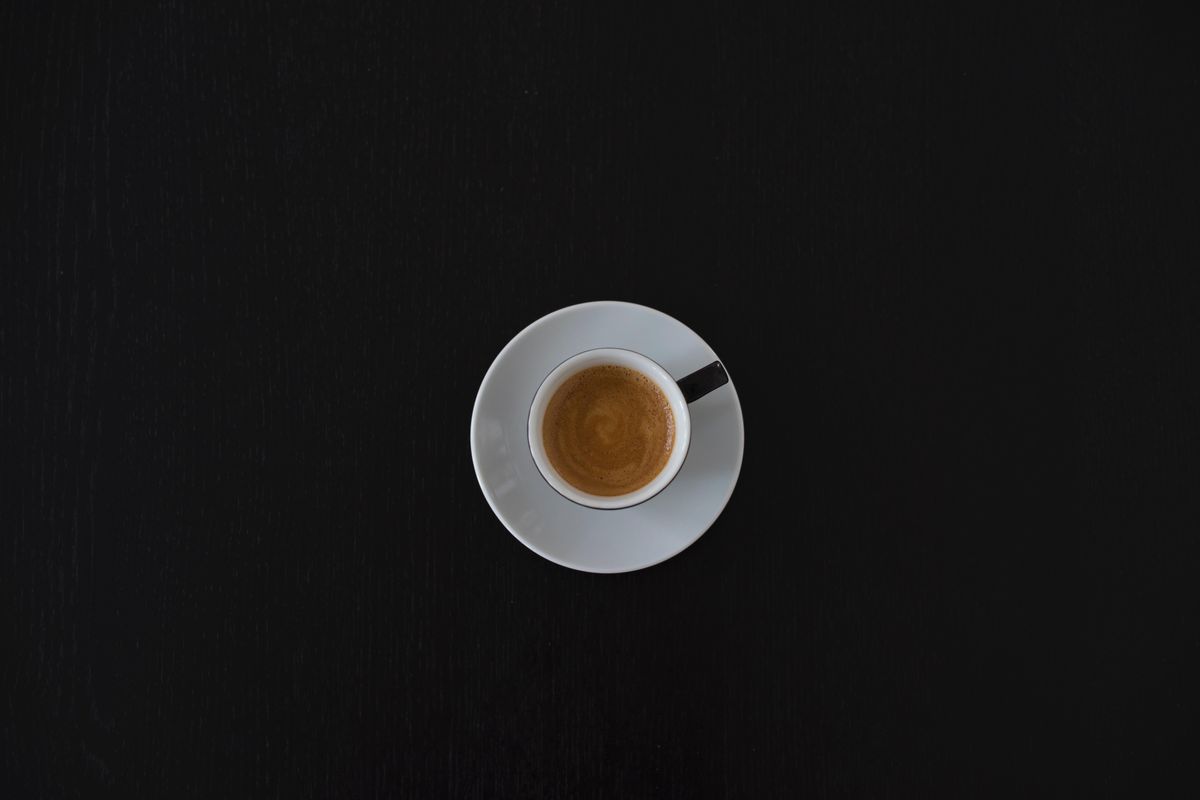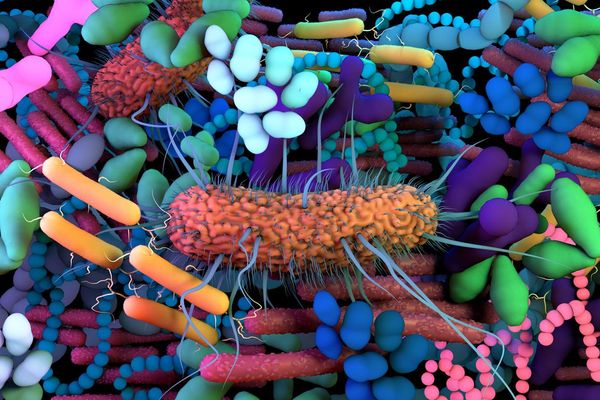Q:
Does caffeine affect diverticulitis? Should certain foods be avoided?
A:
Diverticulosis and diverticulitis are two common conditions that are often confused. Although diverticula can occur anywhere in the gastrointestinal tract, the colon is the most common site. Diverticula are outpockets or pouches that form in the lining of the colon. These outpockets are thought to form due to high colonic pressures needed to move hard, dense stool through the colon. Diverticular disease is much more common in Western nations where fiber intake is significantly less than in developing countries. Diverticulitis occurs when the outpockets become inflamed. Abdominal pain, infection, fever and pain may result. Diverticulitis can also lead to bleeding, perforations or tears, or blockages. If the infection spreads into the abdominal cavity, the wall of the abdomen may become infected and inflamed, a condition called peritonitis. Peritonitis requires immediate surgery to repair the abdominal cavity and remove any damaged parts of the colon.
Interestingly, the dietary treatment for the two diseases represents opposite sides of the same coin. While the bowel is healing from a bout of diverticulitis, a low-fiber diet is often prescribed. This diet limits intake of raw fruits and vegetables, whole grain bread and cereals, nuts, seeds and legumes. Fiber intake is usually limited to less than 10-15 grams per day.
Once the infection has cleared, fiber is gradually reintroduced into the diet until a goal of 20-35 grams of fiber is reached. The foods that were once limited for diverticulitis are now encouraged. Some physicians still recommend that nuts and seeds be avoided but this is controversial. As fiber intake is increased, it is important to drink enough fluid to prevent constipation.
Caffeine has many effects in the body, including stimulating the central nervous system, which, if over stimulated, can lead to restlessness, anxiety, irritability and sleeplessness; increasing free fatty acid release from fatty tissue; and increasing urination. In addition, if ingested in high amounts (more than 600 milligrams of caffeine per day, the amount found in three to seven cups of coffee), nausea, vomiting or diarrhea can occur in some people. Caffeine also interacts with certain antibiotics, increasing the length of time the caffeine remains in the body. So, although you don't need to stop caffeine altogether while on a diet for diverticulitis, it's a good idea to avoid taking in too much while your bowel is healing.
- Irritable Bowel Syndrome (IBS) - HealthyWomen ›
- 10 Signs You Have a Leaky Gut—and How to Heal It - HealthyWomen ›







